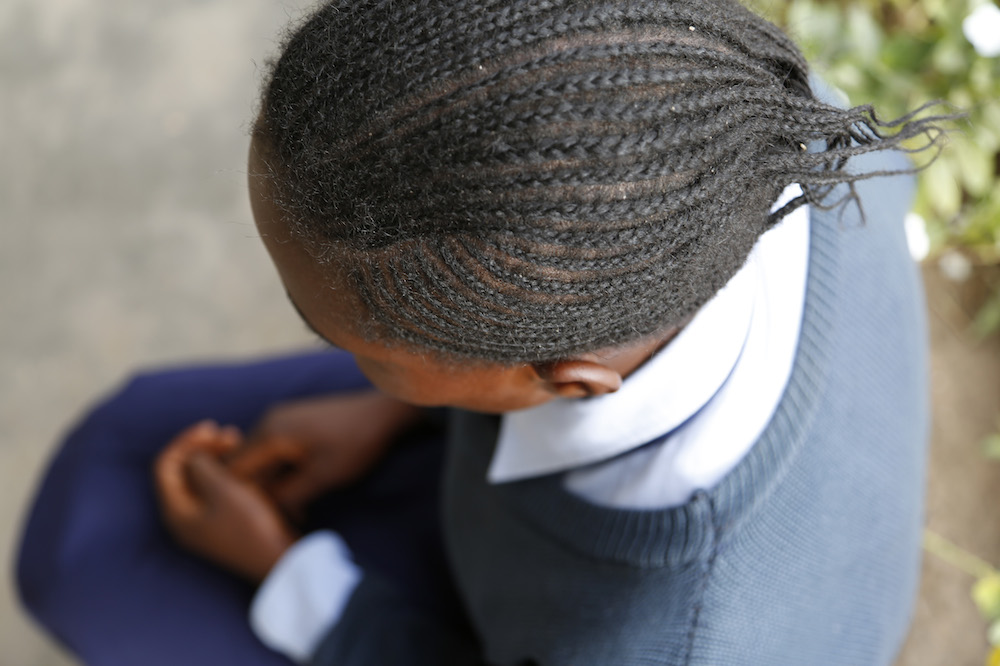
Campaigners welcome child marriage crackdown in El Salvador
Child marriage, Girls' education, Right to education
A legal loophole that allowed men to marry pregnant girls under 18 with parental consent has been closed.
El Salvador has closed a loophole in child marriage laws that allowed men to wed underage girls they had made pregnant.
Politicians agreed to abolish a 23-year-old exception to the law that makes marriage under 18 illegal.
That loophole meant weddings could go ahead with parental consent – and in many poor rural areas families would marry off their daughters to their alleged rapists so they did not have to bring up a child alone.
The vote by lawmakers was welcomed by Carmen Elena Aleman, Plan International’s Country Director. She said: “The closure of the loophole in El Salvador’s family code is a hugely important step forward in the fight for girls’ rights.
“Child marriage is a deeply harmful practice that we know affects the lives of millions of girls here in El Salvador and we have campaigned long and hard to achieve the outcome.”

Aleman said there is still much to do to change “practices and beliefs that are so deeply entrenched within our society”.
El Salvador is home to more than 22,000 minors who are married or co-habiting, according to government data.
The United Nations children’s agency UNICEF estimates there were more than 25,000 births by underage mothers in 2015.
“This reform is an important element to begin to generate a change of conduct,” said UNICEF’s Maria de Mejia. “This is a cultural question that has roots in the discriminatory, patrimonial practices facing girls in El Salvador.”
Heather Barr, a senior researcher with Human Rights Watch, said El Salvador was among the countries that committed under the 2016 Sustainable Development Goals to end child marriage by 2030.
She added: “El Salvador’s move to ban child marriage is great news and an important step forward in the effort to end child marriage in Latin America and around the world.”
The El Salvador move follows similar efforts in other Latin American countries in the past year.
Last month lawmakers in Honduras voted unanimously to ban child marriage, making it illegal anyone under the age of 18 to get married under any circumstances.
Costa Rica raised the minimum age for marriage to 18 in January, under a law that experts hope will prevent teen pregnancy and girls dropping out of school. But enforcement could be a challenge among indigenous communities where child marriage is prevalent.
Guatemala has legislation about to come into effect in a month that eliminates a loophole judges to authorise marriages between adults and children 16 and older.
In Mexico, researchers revealed in May that hundreds of thousands of girls are missing out on education after getting married or living with a man. There are 320,000 girls aged 12 to 17 who are in “early unions” or informal cohabiting
The report found that 83% of married girls under the age of 17 have left school, rising to 92% of those living informally with a man. But only 15% of those not in a live-in relationship have dropped out of school.
More news

Skills for the future give young people the best chance of success
